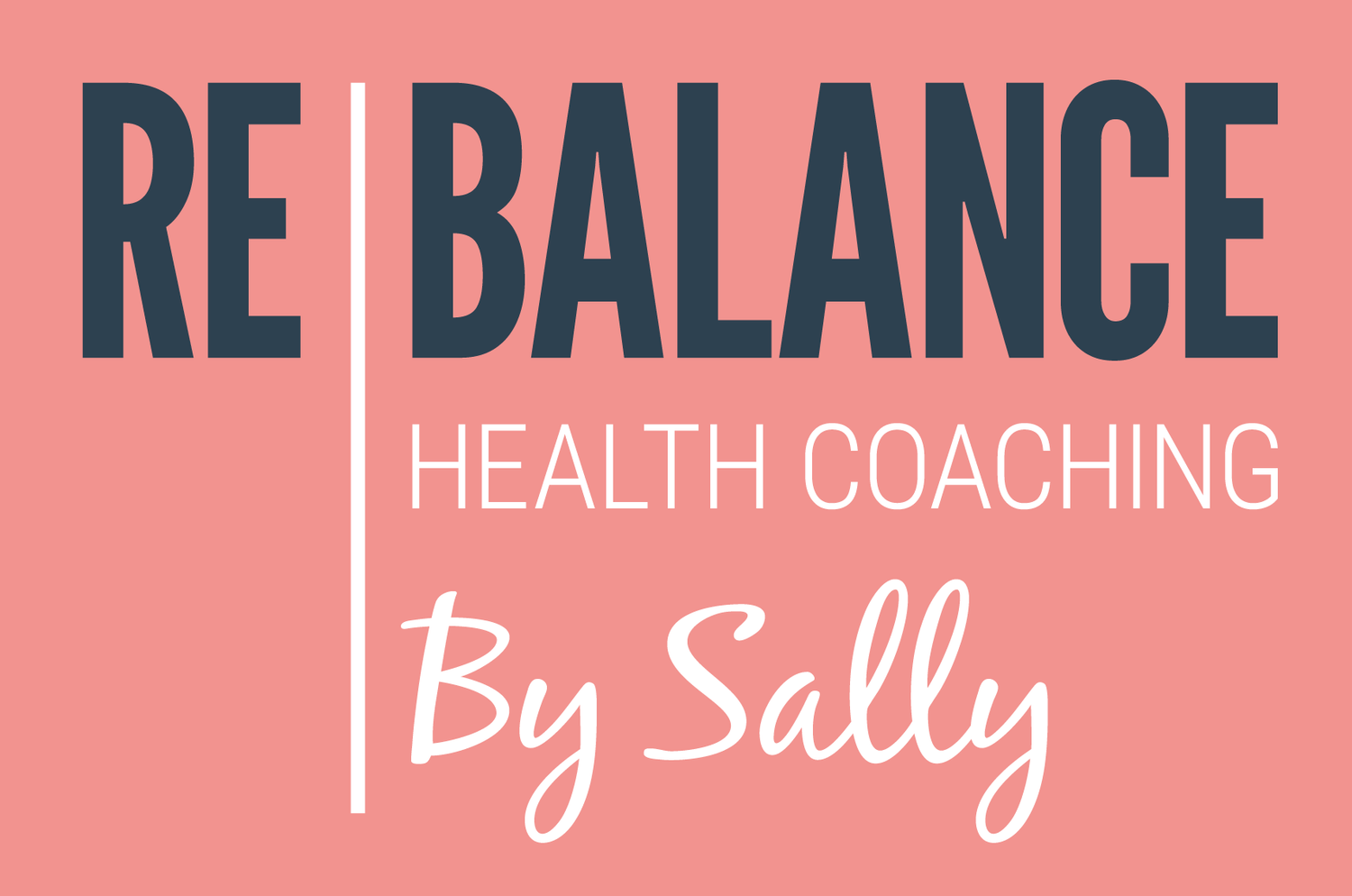Managing menopause at work
Going through menopause while trying to keep up with the demands of work can feel overwhelming. Whether you're leading a team, working for yourself, juggling meetings, or working shifts, menopause symptoms can affect your confidence, energy, and ability to concentrate.
If you're finding it hard, you’re not imagining it and you’re not alone. I’m with you and here to help.
Common menopause challenges at work
If you’re struggling, it’s not weakness. The hormonal changes of perimenopause and menopause can affect almost every part of your day-to-day life, including how you show up at work. Some of the most common struggles include:
Brain fog or memory loss – you might have trouble concentrating or forgetting names or things you’ve just read or said.
Tiredness – especially if you're not sleeping well. You might feel drained and exhausted with no motivation to work or play.
Anxiety or low mood – making confidence and decision-making harder. You might start to withdraw from team activities or avoid taking on new projects.
Hot flushes – can be embarrassing or uncomfortable in certain work environments
Joint aches & pains or headaches –can affect your energy and focus, and make you feel physically uncomfortable – making it harder to sit still or concentrate for long periods
Needing to pee more often – tricky if you’re in long meetings or have limited breaks
Low confidence – can make speaking up in meetings or leading teams feel daunting, even if you’ve done it with ease before. You may start to doubt your own abilities
Increased sensitivity to stress – even small work challenges can feel overwhelming
Irritability or mood swings – may affect how you interact with colleagues or respond under pressure
Many people feel they’re ‘losing it’ or not performing like they used to. Some women sadly even have to leave their job due to lack of support in the workplace. It’s common to feel self doubt in your own abilities.
But what you’re experiencing is a natural hormonal transition and it deserves understanding and support from those around you.
What can you do to help yourself?
There are things you can put in place to help yourself feel more in control and supported through menopause:
Track your menopause symptoms – keep a journal, use our Symptom checker or an app to notice patterns, triggers, or changes.
Speak to your manager or HR – explain how you're being affected, how it’s impacting your work and ask about workplace support.
Take regular breaks – even short pauses can help with brain fog and tiredness. When possible, go for a short walk in the fresh air, take a few moments to rest or practice some breathing exercises.
Stay hydrated and eat well – blood sugar dips can make symptoms worse. Eating 3 regular meals that are high in protein and fibre can help. Limit ultra processed foods and sugary foods. Aim for 2 litres of water per day.
Move your body – gentle movement like stretching, walking, or yoga can ease aches and reduce stress.
Prioritise rest – quality sleep is harder during menopause, so give yourself permission to slow down when you can. Turn off devices at least an hour before bed and enjoy a relaxing wind down routine in the evenings.
Connect with others – whether it’s a friend, colleague, or coach, talking things through can be powerful to reduce stress and ease menopause symptoms.
Most importantly, be kind to yourself. You’re not failing, you’re adapting to a new phase of life.
How your employer can support you
While self-care strategies are essential, support from your employer can make a huge difference to how manageable menopause feels at work. Many organisations are starting to recognise the impact of menopause and are taking steps to create more supportive, understanding workplaces.
Some ways your employer can help include:
Menopause awareness training for all staff – helping managers and colleagues understand what menopause is, how it affects work, and how to be supportive
Creating a menopause policy – outlining what adjustments are available and how employees can access resources and support
Offering flexible working options – such as adjusted hours, hybrid working, or extra breaks when needed
Hosting menopause cafés or support groups – informal safe spaces for people to share experiences so you don’t feel alone going through menopause
Appointing menopause champions – trained individuals who can offer peer support and signpost resources
Providing access to health coaching or wellbeing services – helping employees manage symptoms through personalised support with nutrition, lifestyle and mindset tools
If your workplace doesn’t currently offer these, it’s worth starting the conversation. You could speak to HR, suggest a small initiative like a lunchtime webinar or chat group, or share resources. Every small step helps create a more open, inclusive and supportive culture.
At Re-Balance by Sally we offer a full portfolio of workplace Menopause programmes including:
1. Menopause awareness and education webinar
2. Nutrition for menopause webinar
3. Menopause café facilitation
4. Menopause policy development workshop
5. Health Coaching to improve symptoms programme
You don’t have to push through alone …
If you’re feeling the pressure to keep going while struggling inside, it might be time to get some support. I support people to improve their menopause symptoms with nutrition and lifestyle tools that fit into daily life, including the busy working day.
Whether you're looking for one-to-one health coaching or you want to bring menopause training or a menopause café into your workplace, I’d love to help. Email me to arrange an informal chat to learn more sally@rebalancebysally.com



